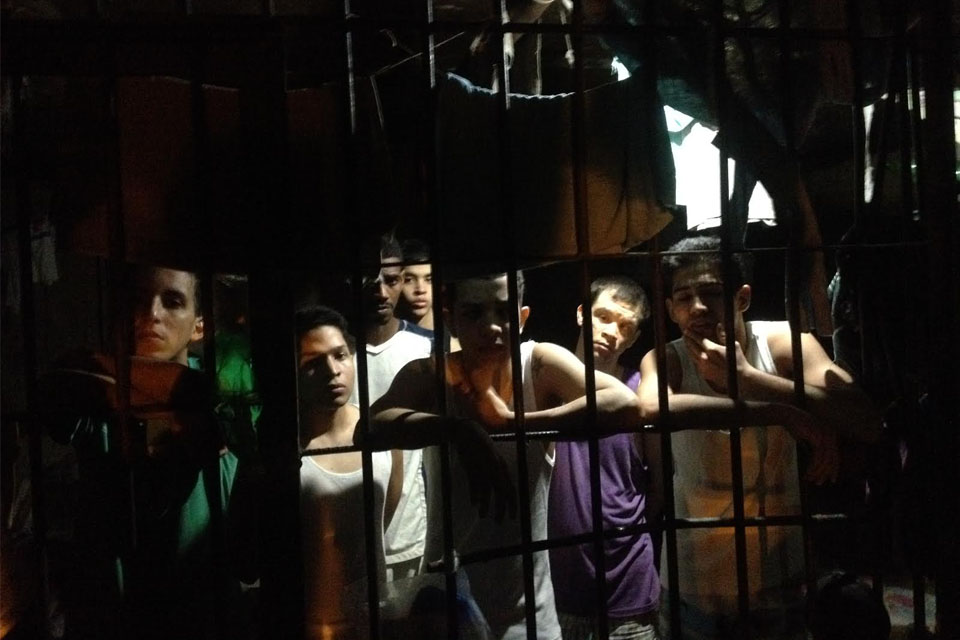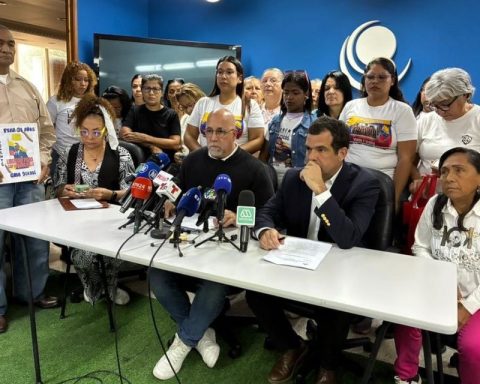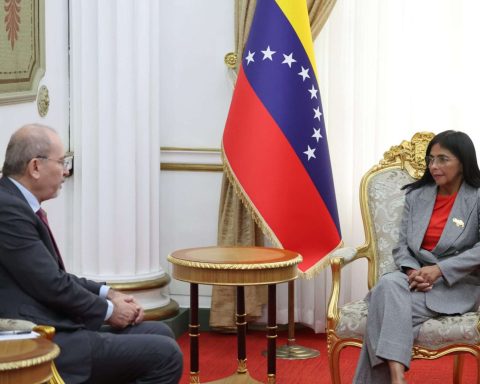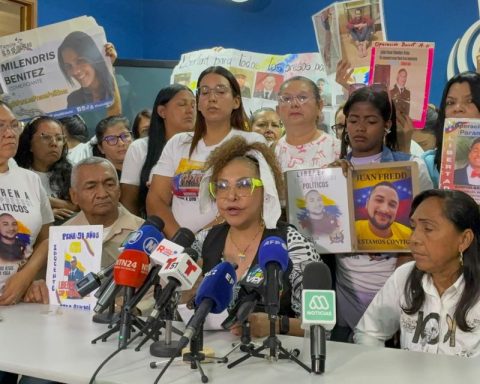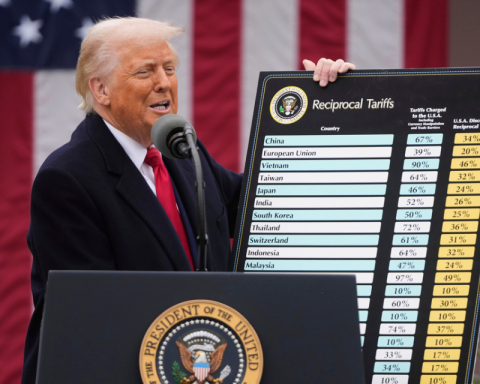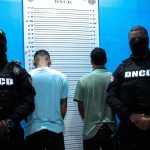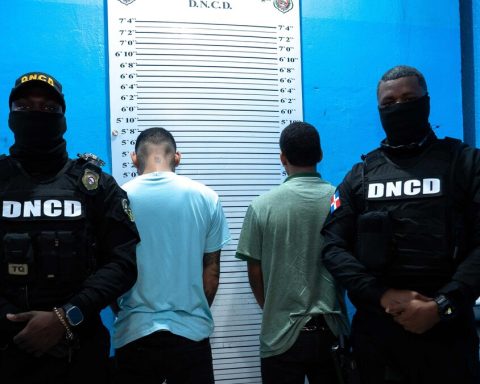Due to the precariousness of the attention provided by the national government to the prisons, both the health and nutrition of the prisoners falls directly on the families, who must deliver packages of food, medicines, personal hygiene products and water every week
The Venezuelan Prison Observatory (OVP) published this Thursday, March 23, its 2022 annual report on the situation of Venezuelan prisons, where it was highlighted that the lack of sanitary conditions and adequate food for the prison population has established “modes of survival » in these facilities, where the support falls mainly in the pockets of the relatives of the prisoners.
The Observatory highlighted in your report that in 2022 there were 33,558 people detained in the different prisons of the country, of which 30,998 are men and 2,560 women. This figure represents “a critical overcrowding of 164.19%”.
In his opinion, the precariousness of these prisons leaves women, adolescents and indigenous people more vulnerable.
From 2017 to last year, the Prison Observatory counted the death of 1,032 people arrested. At least 44.8% of the deaths correspond to health conditions, with 2022 being the year in which the highest number of deaths from these causes were registered (72.37%).
The main illnesses denounced by the inmates are severe malnutrition and tuberculosis. As observed, the inmates barely have access to water for consumption and sanitation, while the meals consist mostly of small portions of carbohydrates and the dishes of “aguarotes”, which is water with some vegetable, pasta or grains.
Due to the precariousness of the attention provided by the national government, through the Ministry of Penitentiary Service, both the health and food of the prisoners falls directly on the families, who must deliver food packages, medicines, personal hygiene products and water weekly.
“The hardships increase for that percentage of the prison population that does not have the support of a close family member,” said the OVP.
The Prison Observatory affirmed that the national government, far from seeking solutions focused on the fulfillment of human rights, has maintained a policy of inattention to the prison population that “has resulted in direct violations of the life and personal integrity of each one of them.” the people in their custody.
“The abandonment of the prison system has not only made impossible the ultimate goal of the sentence, social reintegration, but has also been the trigger for atrocious situations in the country’s prisons.”
Prisons: shared control
Regarding the management and control of prisons, of 31 facilities evaluated by the OVP, it was documented that eight of them are controlled by the Ministry of Penitentiary Service, another eight are under the figure of pranes (criminal structures) and 15 of them They are under a mixed figure, that is, both the Ministry and the pranes “share” control of these places.
*Read also: OVP denounces that Vista Hermosa pran imposes payment of $20 per week on inmates
The Observatory also recalled that both the Commission and the Inter-American Court of Human Rights have approved various protection measures in favor of prisoners, just as they have declared the responsibility of the Venezuelan State in the non-compliance of the people detained in the country.
The NGO also drew attention to the abandonment and lack of policies that encourage a successful reintegration into society of inmates. In addition to the lack of custodians, there has been a decrease in personnel providing comprehensive care to detainees, such as doctors, nurses, psychologists, social workers, and educators.
This type of deficiencies, highlighted the OVP, is aggravated in centers that house young people “who, due to their mental and emotional development, must also have psychologists, psychiatrists and sociologists; However, we have learned of cases in which the workers who taught courses and psychological consultations have stopped attending said centers due to a lack of resources, leaving the young people practically alone and with less custody, which exacerbates the danger of flight. and intra-prison violence.
The Observatory also reiterated that the custody, both internal and external, of the prisons by the Bolivarian National Police (PNB) “represents a risk for the inmates, including their families” because they are not trained and trained to exercise this work.
Also highlighted were the constant complaints by family members about verbal abuse by custodians of family members, as well as intrusive searches –even elderly people– as an essential condition for accessing these facilities. “Not only are these staff not trained in a humanistic perspective of the prison system, but they also do not have the necessary equipment to carry out their work, nor are they offered a sufficient and dignified salary in return for their work.”
These situations, the NGO asserted, cause “there is a greater willingness to actively participate in acts of corruption, either demanding sums of money or allowing control of prisons to be given by the pranes.”
Post Views: 59
